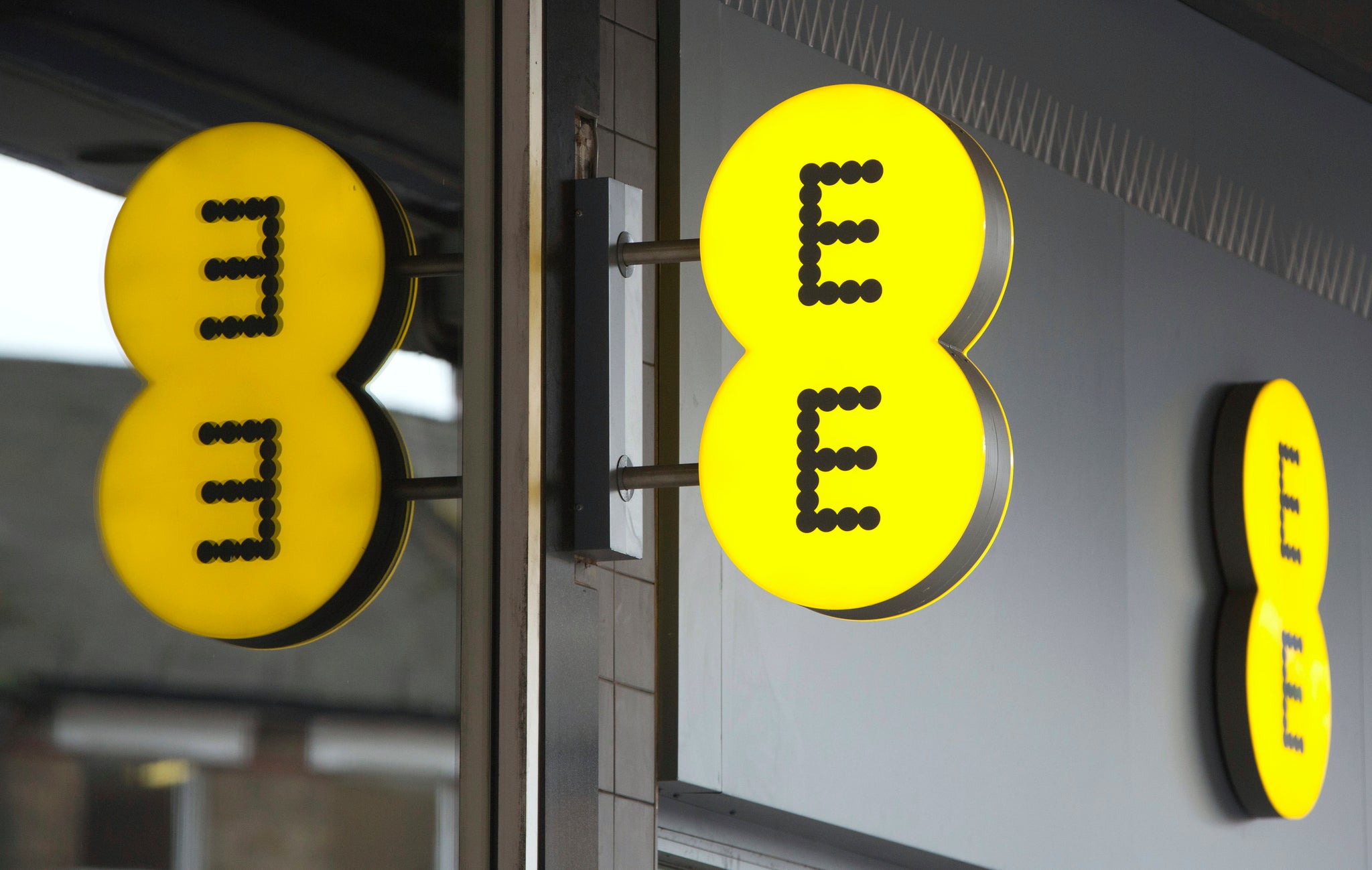Mobile operator EE given 'parking ticket' for overcharging customers
Mobile operators won't invest in improving their processes until fines for not doing so are big enough to bite

There are some people who will look at the numbers published alongside mobile phone operator EE’s £2.7m fine for over-charging and conclude that it really isn’t that much of a big deal.
Some 32,145 customers were overcharged “around” (that’s the word regulator Ofcom used) £245,700.
That averages out at less than £10 per person, for paying the US roaming rate of £1.20 a minute for calling EE’s 150 customer service line while in the EU. Where they should have paid just 19p a minute.
That, however, misses the point. The average EE customer so affected might have only over-paid to the tune two or three coffees from Starbucks, but they have an absolute right to expect EE to get their bills right, and to be refunded promptly when it does not.
Given that we have to hand mobile phone operators our bank details so they can take the money from our accounts every month, they have a responsibility to make sure they don’t take more than they should.
Some 6,905 customers still haven't had their money back because they're customers who have left the network. They remain £60,000 out of pocket because they “can’t be traced”. That's just not good enough.
Is it really that they “can’t be traced” or is it (and this is my personal suspicion) that EE just can’t be bothered to put in the required effort to do so.
Given the vast trove of data companies like EE keep on all of us, it really shouldn’t be that hard.
EE rather tipped its hand here by opting not to pay back the majority of its customers until OfCom intervened. This wasn’t a sneaky attempt to make extra cash. The money they were owed would have gone to charity. So let’s move on.
But here’s the thing: While cash going to charity is nice, the company giving money away rather than giving it back to customers it wrongly took from does rather speak volumes about its attitude towards them.
“We’re committed to great customer service,” the disembodied voice intones when you ring that 150 number (full disclosure, I am an EE customer but I’m seriously considering whether I should remain so after this). That says to me that EE isn’t. If it was, I’d be speaking to a real person.
But Ofcom is taking it seriously, right? It’s told EE to step up and pay back the missing thousands. And it’s thumped the company with a £2.7m fine.
That’s where a another problem comes in. That £2.7m figure amounts to little more than a slap on the wrist. It’s a parking ticket. No more than a rounding error when it comes to the quarterly or half yearly results.
Sure a fine will inevitably generate some negative publicity. But even that won’t hurt too much because no one seriously expects any of its rivals to be all that much better.
It was only in October that Vodafone was fined £4.6m for “serious” breaches of consumer protection rules related to the charges levied on pay-as-you-go customers. If the breaches really were that serious why doesn’t it merit a serious fine?
It’s an unfortunate fact that competition won’t work to improve things like this, because most people take the view that the various mobile operators are all as bad as each other and so opt for the cheapest deal available, if they’re even minded to go through the hassle of changing provider.
You’re not going to invest tens or hundreds of millions to improve your systems when you don’t lose business for not doing so and when the worst you can expect from your regulator is a slap on the wrist.
To change that, fines need to increase, and not by a factor of ten, but by a factor of at least a hundred. Even penalties of £100m plus won’t hurt companies as big as EE or Vodafone all that much. But what they might do is alter the cost benefit analyses companies conduct when they look at making improvements to their service and systems. The threat of really big fines, might just make putting more money into those functions worth it to them.
Join our commenting forum
Join thought-provoking conversations, follow other Independent readers and see their replies
Comments
Bookmark popover
Removed from bookmarks